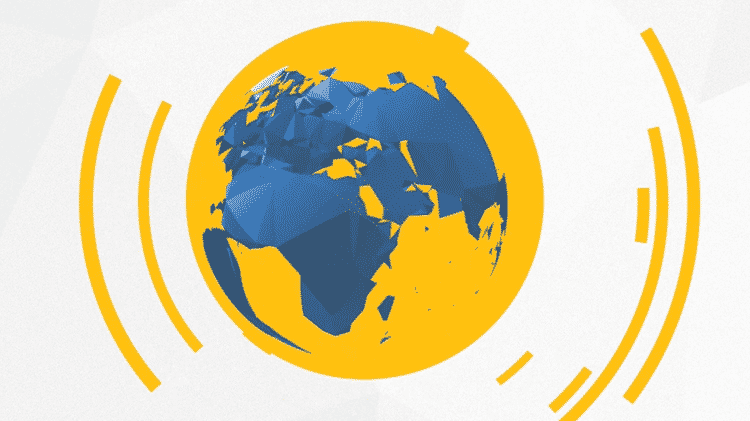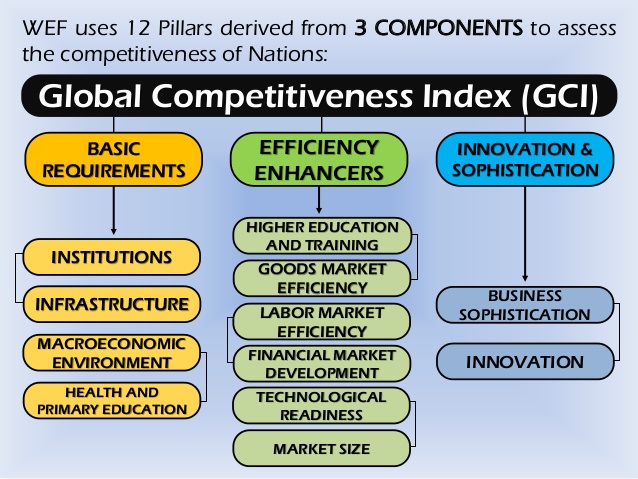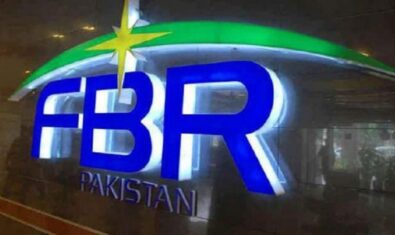Pakistan has been ranked 122nd in terms of Global Competitiveness Index (GCI) amongst South Asian neighbors in the Global Competitiveness Index (GCI) by the World Economic Forum (WEF).
The rankings released this year are improved from last year where Pakistan was ranked 126th out of total of 138 countries. Taking a look at other South Asian countries, the forum has ranked India at 39th spot, followed by Sri Lanka at 71st, Bhutan at 97th, Nepal at 98th and Bangladesh at 106th at the GCI.
The Global Competitiveness Report 2016-17 is determined on the basis of GCI which was first introduced by WEF, back in 2005.
There are 12 categories on the basis of which the productivity of the country is determined. Namely, Institutions, Infrastructure, Macroeconomic Environment, Health and Primary Education, Higher Education and Training, Goods Market Efficiency, Labour Market Efficiency, Financial Market Development, Technological Readiness, Market Size, Business Sophistication and Innovation.
Pakistan showed improvements on 54 key indices whereas lost its previously held position on 50 indices, 10 indices remaining same as last year.
The report suggests that Pakistan has shown recovery on the economic front, where the country has been successful in improving its macroeconomic framework to improve its global competitiveness.
The Global Competitiveness Report 2016-2017 also identifies Corruption as the most problematic factor for doing business in Pakistan, followed by crime and theft, tax rates, access to finance and government instability and coups. The report also indicates that a ten-year decline in the openness of economies at all stages of development poses a risk to countries’ ability to grow and innovate, according to The Global Competitiveness Report 2016-2017.
The degree to which economies are open to international trade in goods and services is directly linked to both economic growth and a nation’s innovative potential. The trend, which is based on perception data from Global Competitiveness Index (GCI)’s Executive Opinion Survey, is gradual and attributed mainly to a rise in non-tariff barriers although three other factors are also taken into account; burdensome customs procedures; rules affecting FDI and foreign ownership. It is most keenly felt in the high and upper middle income economies.
Improved Performances:
- Institutions pillars — Improved from 119th to 111th.
- Macroeconomic Stability Pillar — Improved from 128th to 116th.
- Gross national savings percentage of GDP — From 115th to 107th.
- Annual percentage change — Improved from 127 to 93rd.
- Infrastructure — Improved one position.
- Government debt percentage to GDP — Ranked 95th out of 138th.
Degraded Performances:
- Judicial Independence — Dropped from 82nd to 88th.
- Quality of Ports Infrastructure — Dropped from 66th to 84th.
- Quality of Management — Dropped from 70th to 84th.
- Intensity of Local Competition — Dropped from 98th to 118th.
- Effect of taxation on incentive to invest — Dropped from 66th to 85th.
- Hiring and firing practices — Fifteen places dropped.
- Firm level technology absorption — Twenty-eight places dropped.
- Local supplier quantity — Thirty-nine places dropped.
- Property Rights — Four places dropped.
- Quality of Air Transport — Twelve places dropped.
- Availability of Scientists and Engineers — Twenty-two places dropped.
Pakistan’s Rankings In Other Pillars:
- 128th in Health and Primary Education.
- 123rd in Higher Education and Training.
- 117th in Goods Market Efficiency.
- 129th in Labour Market Efficiency.
- 107th in Financial Market Sophistication.
- 119th in Technological Readiness.
- 29th in Market Size.
- 95th in Business Sophistication.
- 75th in Innovation.
Government Institutions and Regulating Bodies Rankings:
- 109th for Intellectual Property Organization.
- 88th for Judicial Independence.
- 118th for Police Services.
- 121st for Auditor General of Pakistan Revenues.
- 77th for National Highways Authority.
- 53rd for Pakistan Railways.
- 91st for Civil Aviation Authority.
- 121st for NEPRA.
- 115th for Higher Education Commission of Pakistan.
- 97th for National Vocational and Technical Training Commission.
- 96th for Competition Commission of Pakistan.
- 113rd for Pakistan Customs.
- 101st for State Bank of Pakistan.
- 106th for Securities and Exchange Commission of Pakistan.
- 135th for Trade Development Authority of Pakistan.
- Most of all, SEC of Pakistan has dropped position at a drastic rate; from 51st in 2014 to 106th this year.
“Declining openness in the global economy is harming competitiveness and making it harder for leaders to drive sustainable, inclusive growth,” said Klaus Schwab, Founder and Executive Chairman, WEF.
Chief Executive Officer of Mishal Pakistan said Pakistan has shown improvements on some of the key indicators to improve its global competitiveness; however the country still needs to integrate itself into the digital and cyber world. Pakistan with approximately 186 million population offers great prospects if data and knowledge-based policy making is introduced in the country.
He further said decision making based on big-data can enable the governments to engage their citizens in policy making and democratization of development process. In the fourth industrial revolution Pakistan can make a larger digital footprint in the cyber world, thus making its mark on the global policy making, however the country needs to equip its next generation with education and knowledge through digital services and mobile broadband”.






















